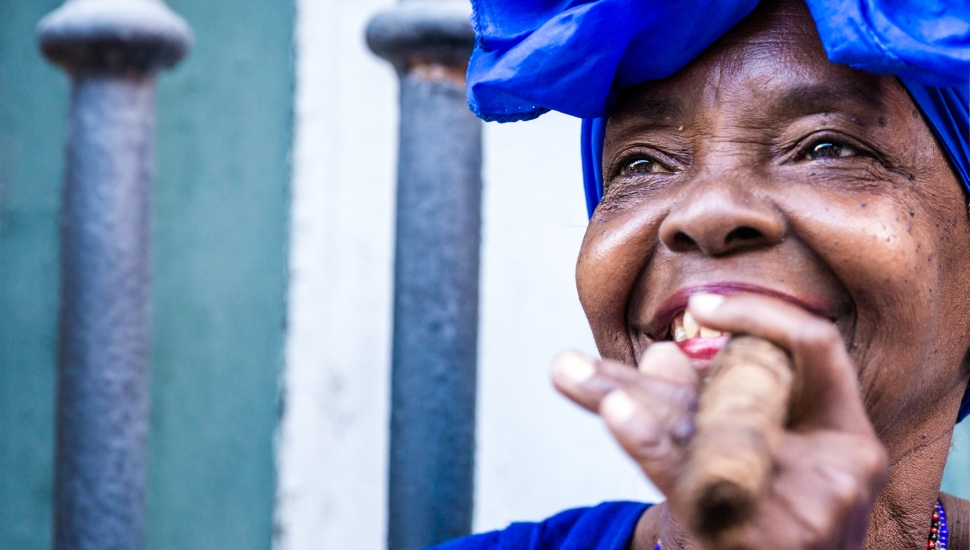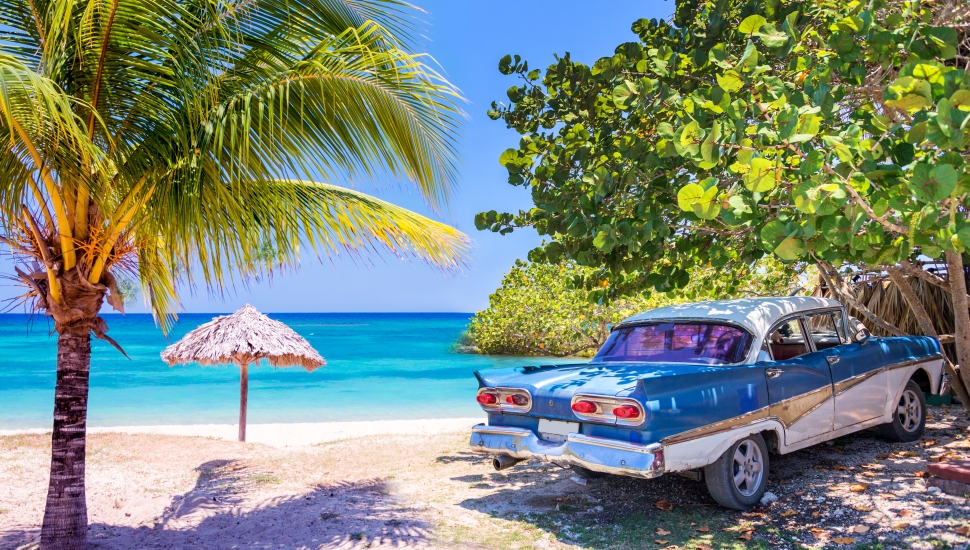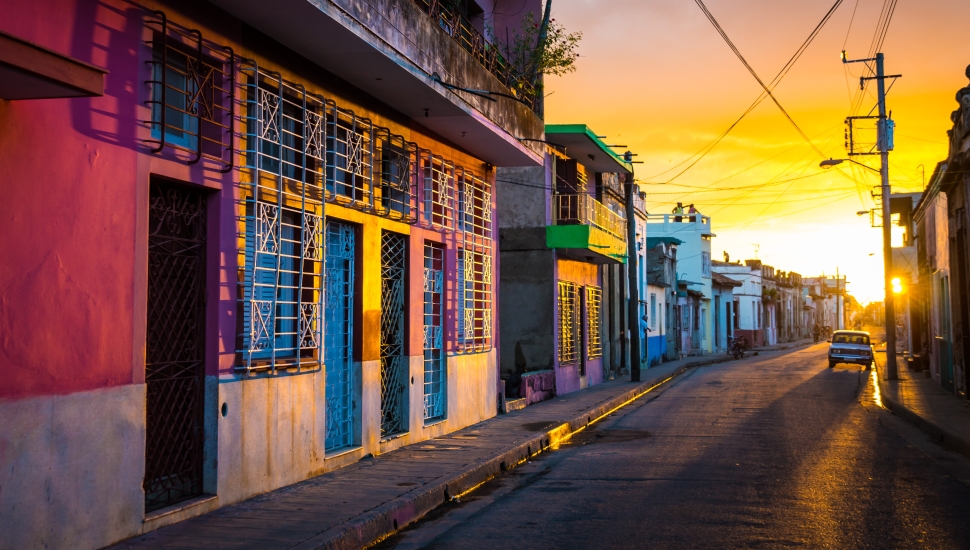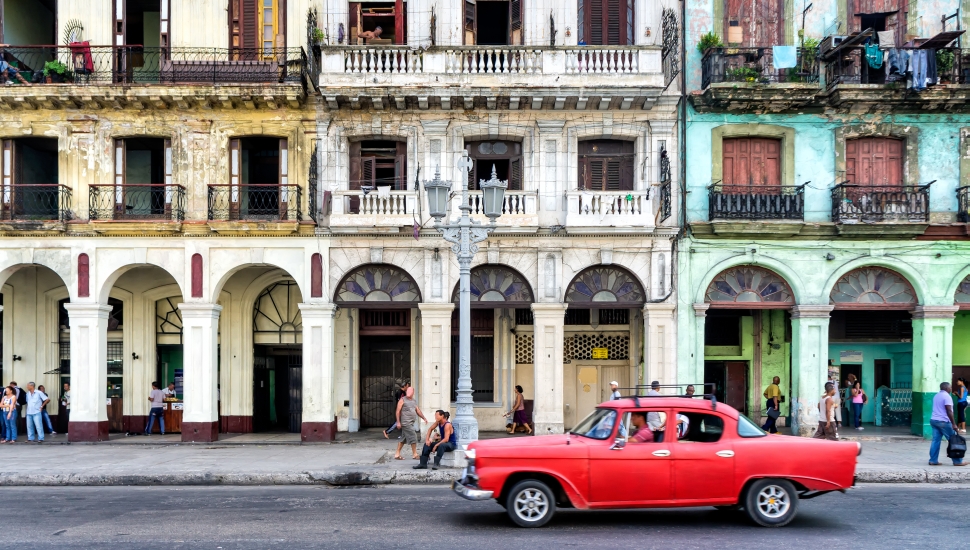Is it Safe to Travel to Cuba?
Cuba's controversial former leader, Fidel Castro, died on November 25th this year. A figurehead of the Marxist-Leninist model of development, Castro's ideals were at odds with those of the USA – which is just 90 miles away from the Caribbean island state.
The passing of such iconic national figures can sometimes upset a country's social, economic and political life. But Castro hadn't been president since 2008 and his brother Raul has been keeping Cuba stable in the intervening years.
As a tourist, Cuba remains a safe and unique place to visit.

The official nine-day mourning period following Castro's death has now ended and was rather brief in comparison to those in some nations; Thailand will mourn the death of its monarch for a whole year. As the Telegraph's Maximilian Yoshioka wrote, "the impact of Fidel Castro's death on Cuba's political and economic institutions is likely to be minimal."
But, as with almost every country in the world, there are still some dangers facing visitors to Cuba. And as ever, the best approach is to familiarise yourself with the most likely problems.

Health
Zika virus
Cases of the zika virus have been recorded in Cuba. The UK's TravelHealthPro.org.uk states “Pregnant women are advised to postpone non-essential travel until after pregnancy.”
Before you go
Visit your doctor 4-6 weeks before departure and find out about any vaccinations you may need, or any health risks specific to you.
Medical costs
Havana hospitals are good, but medical evacuation may be necessary if you require specialist care, which the FCO states "can be very expensive".
Payment for any medical treatment must be made in full before you leave Cuba, either by you or your insurance company. It can cost around £200 per day to stay in hospital, with medical expenses added on top.
Psychiatric facilities
Very limited and hard to access.
Getting medicines
Many medicines accessible in the UK are not available in Cuba. Bring with you any prescription medicines you need. Keep with you the prescription and a doctor's letter explaining your condition.
Other diseases:
Cases of chikungunya virus and dengue fever have been recorded in Cuba. Be sure to avoid being bitten by mosquitoes, which carry these diseases.
Cholera has also been reported in Cuba in recent years.

Other issues
Crime
Alongside opportunist thefts, there is a risk of belongings being stolen during baggage handling; keep all valuables with you and lock your luggage. You may also consider having them shrink-wrapped before check in, for extra security.
You may encounter fake taxi drivers and tour agents around Havana Airport. Only travel with your tour operator and make sure any taxi you travel in is registered and not private.
For more information on crime risks and other safety and security issues, visit the FCO.
Hurricane damage
Risks regarding hurricanes should be minimal now, as the hurricane season ended in November. However, "Power, communications, water supplies and transport in parts of Guantanamo Province may still be disrupted," (FCO).
Terrorism
The FCO says "There is a low threat from terrorism" in Cuba.
Drugs
"Cuba has strict laws on the use, possession or trafficking of illegal drugs. Cuban courts are handing out severe penalties for those convicted of drugs-related offences." [FCO]
Learn more about local laws and customs from the FCO.

Get Insured
The FCO urges those visiting Cuba to take out adequate travel health insurance and to have enough funds to cover "the cost of any medical treatment abroad and repatriation."
Get covered today
Enjoy complete peace of mind on your trip to Cuba. Get an annual or single trip travel insurance quote from starttravel.co.uk today – we cover thousands of UK travellers each year.
Sort out your Cuba insurance in a matter of minutes.